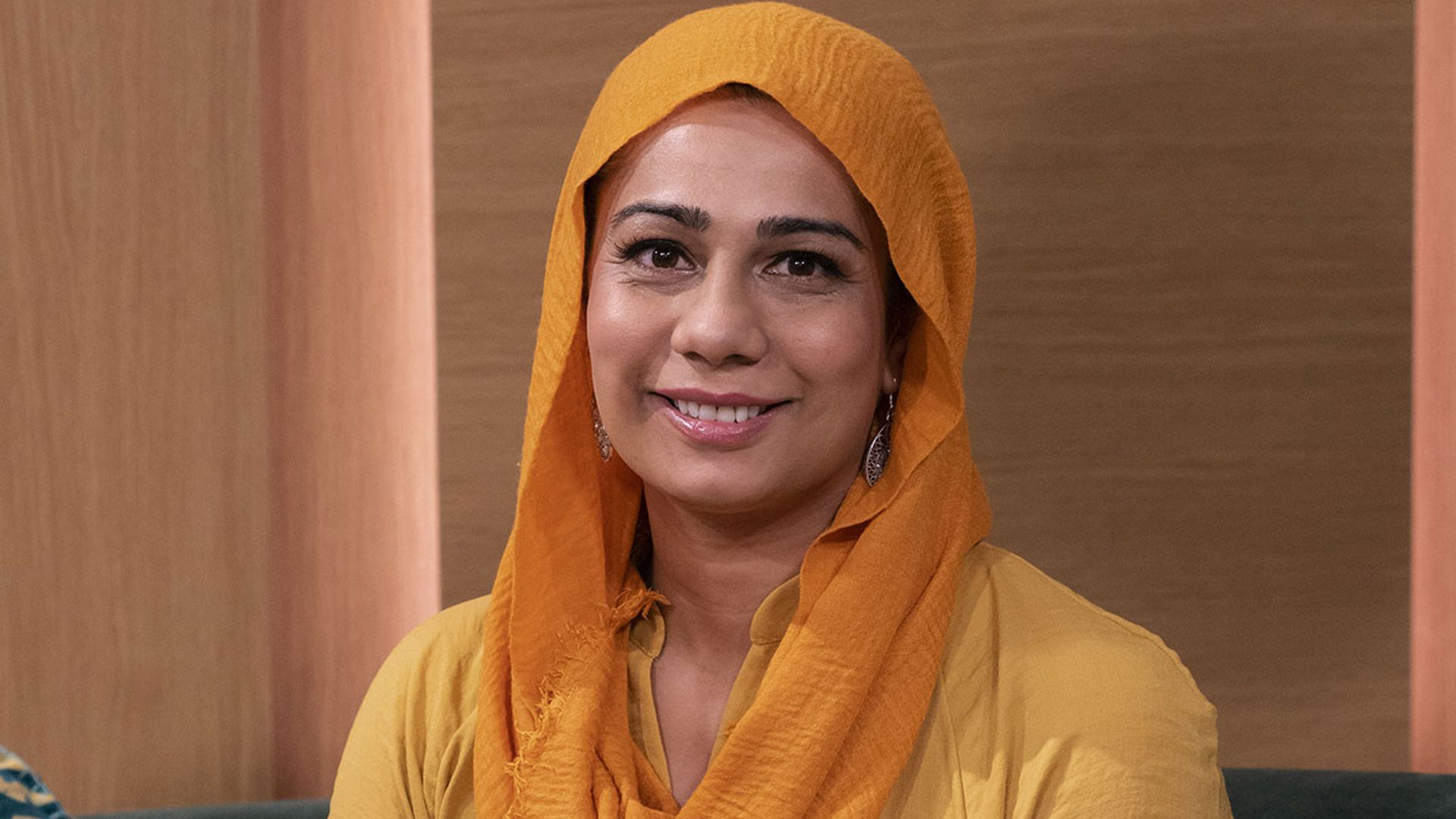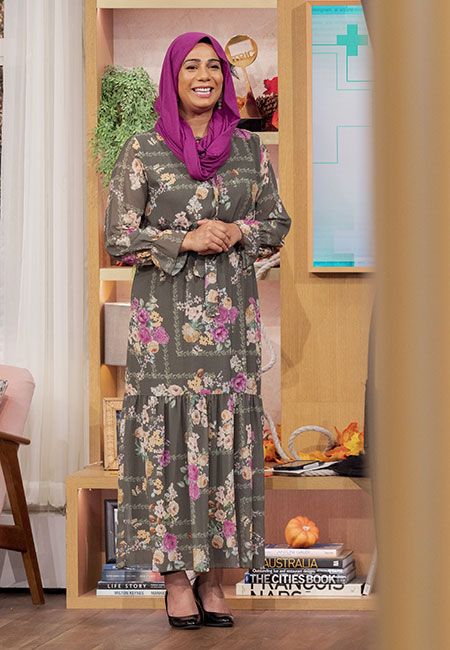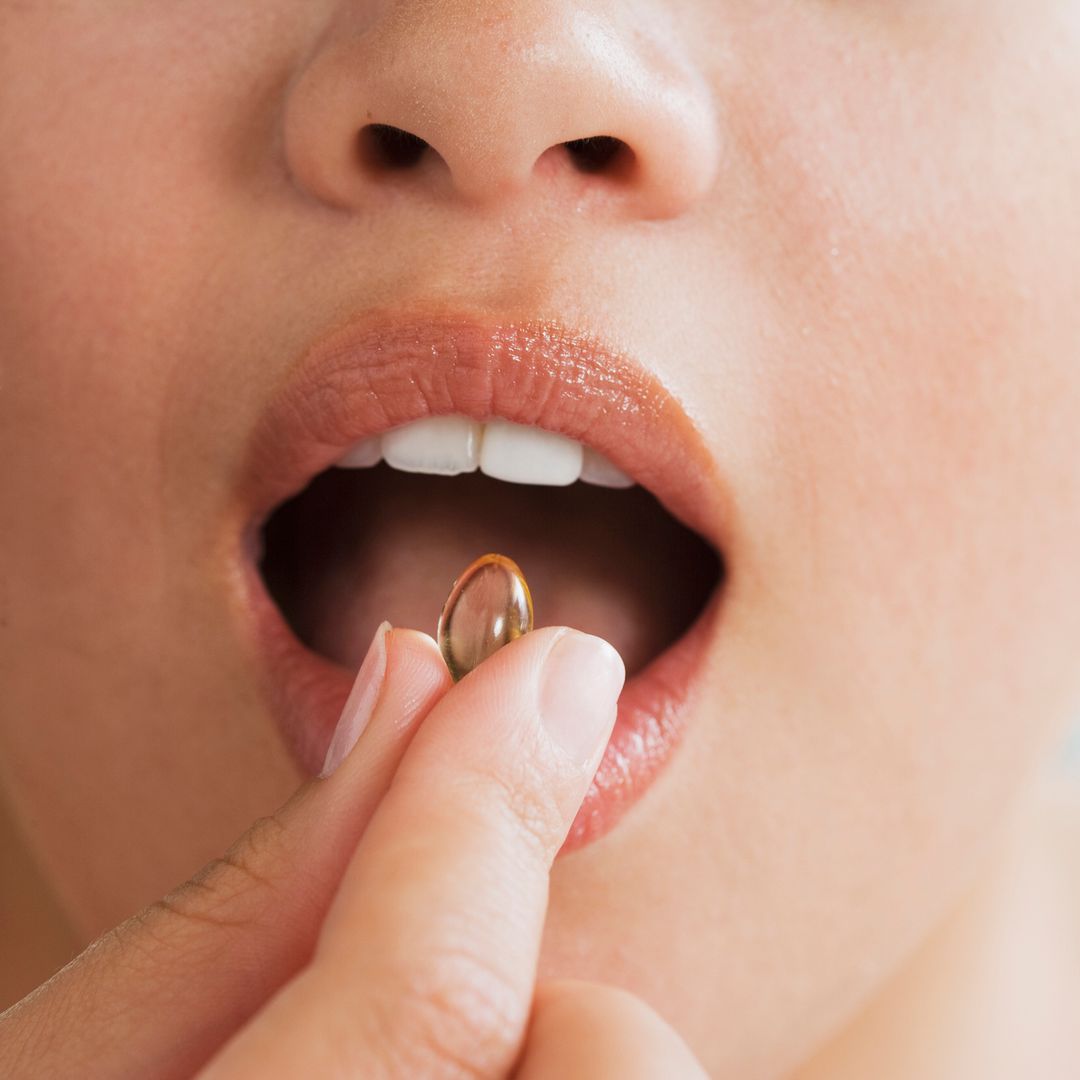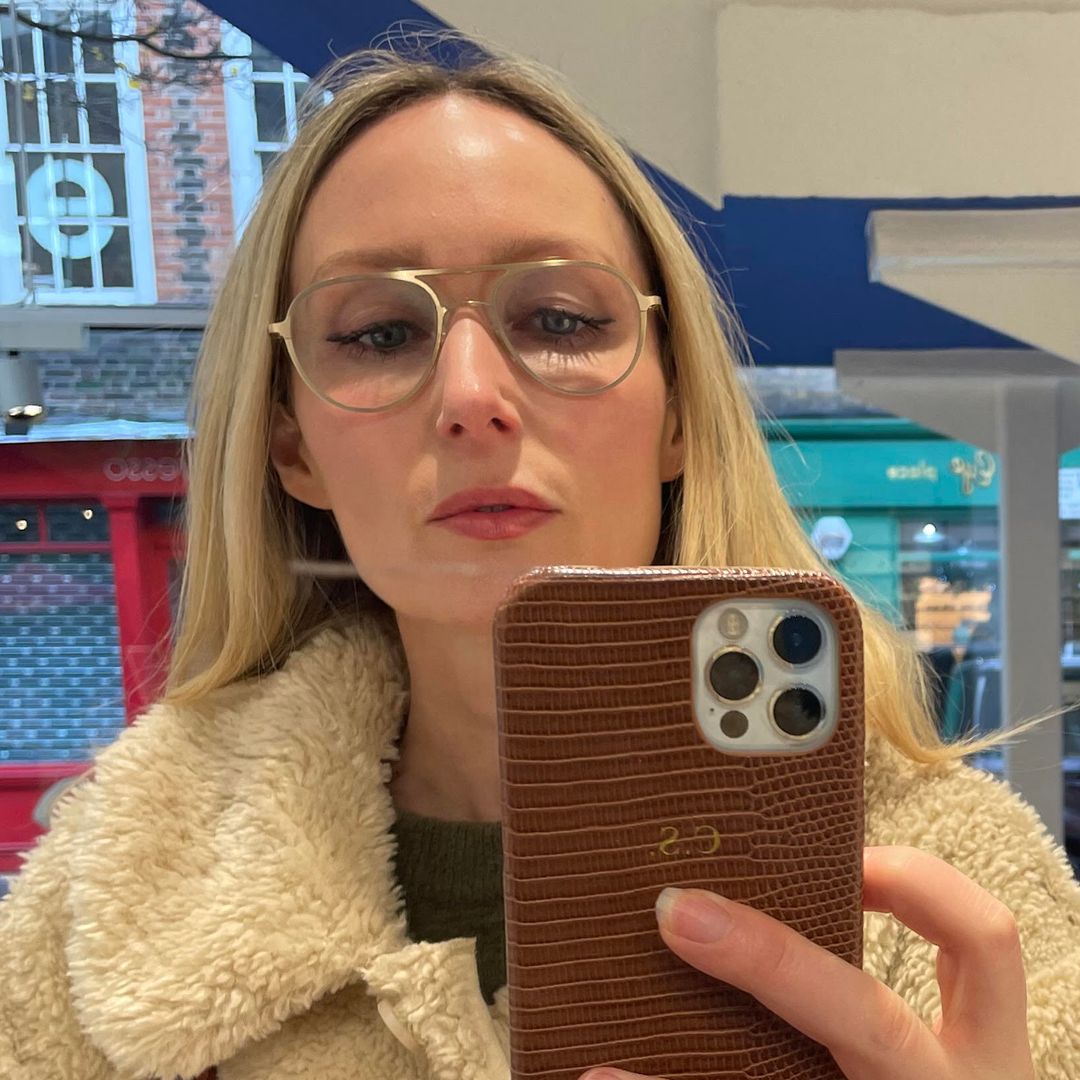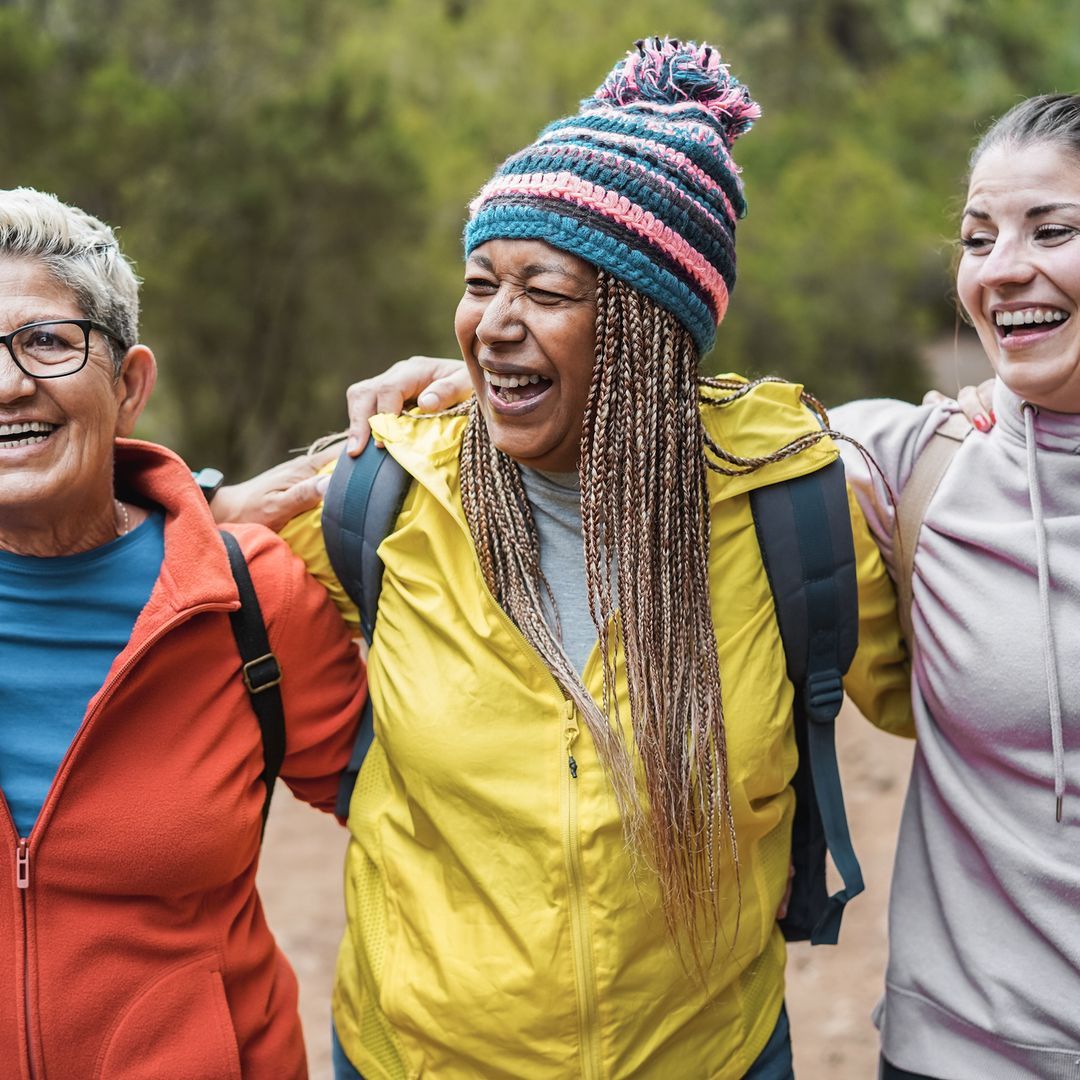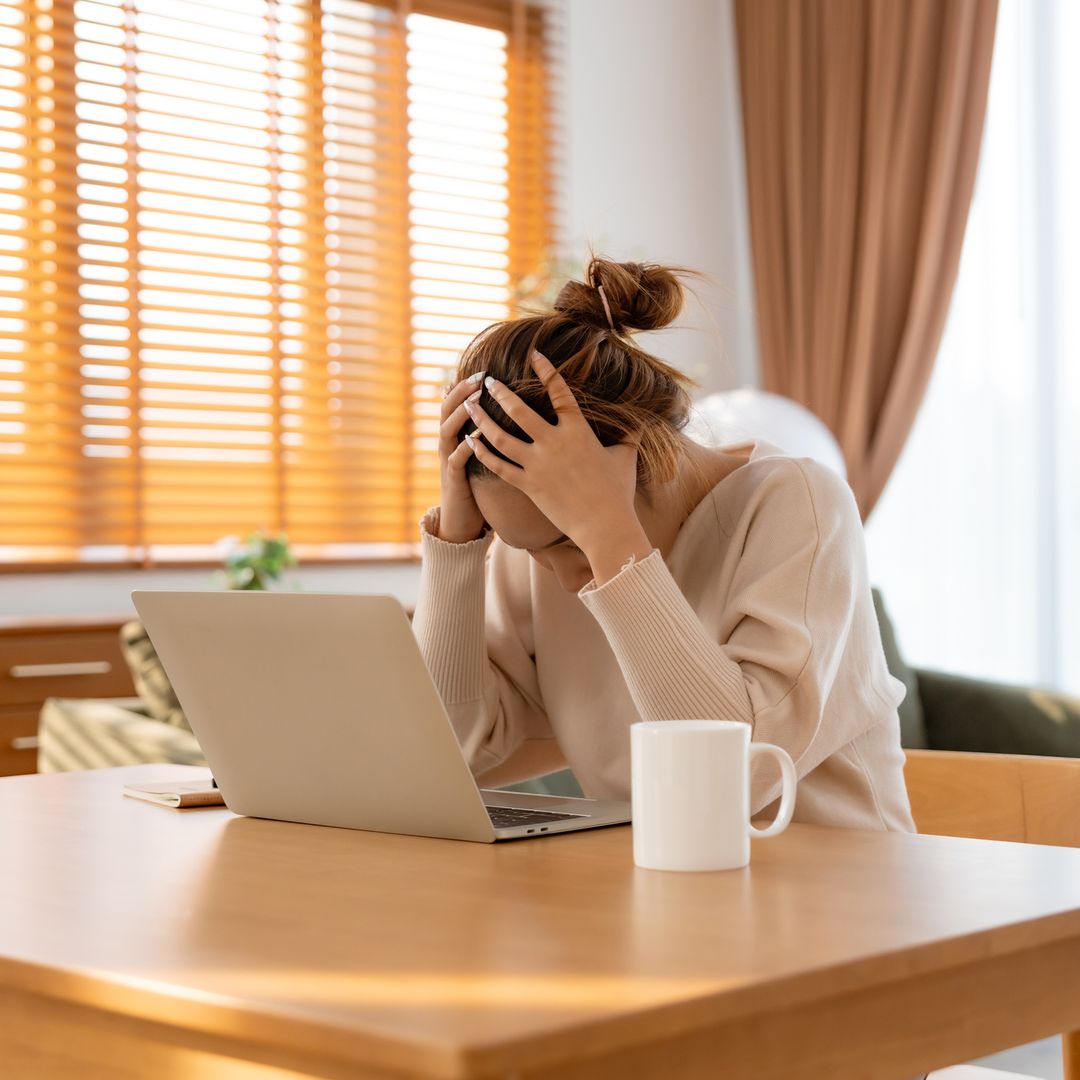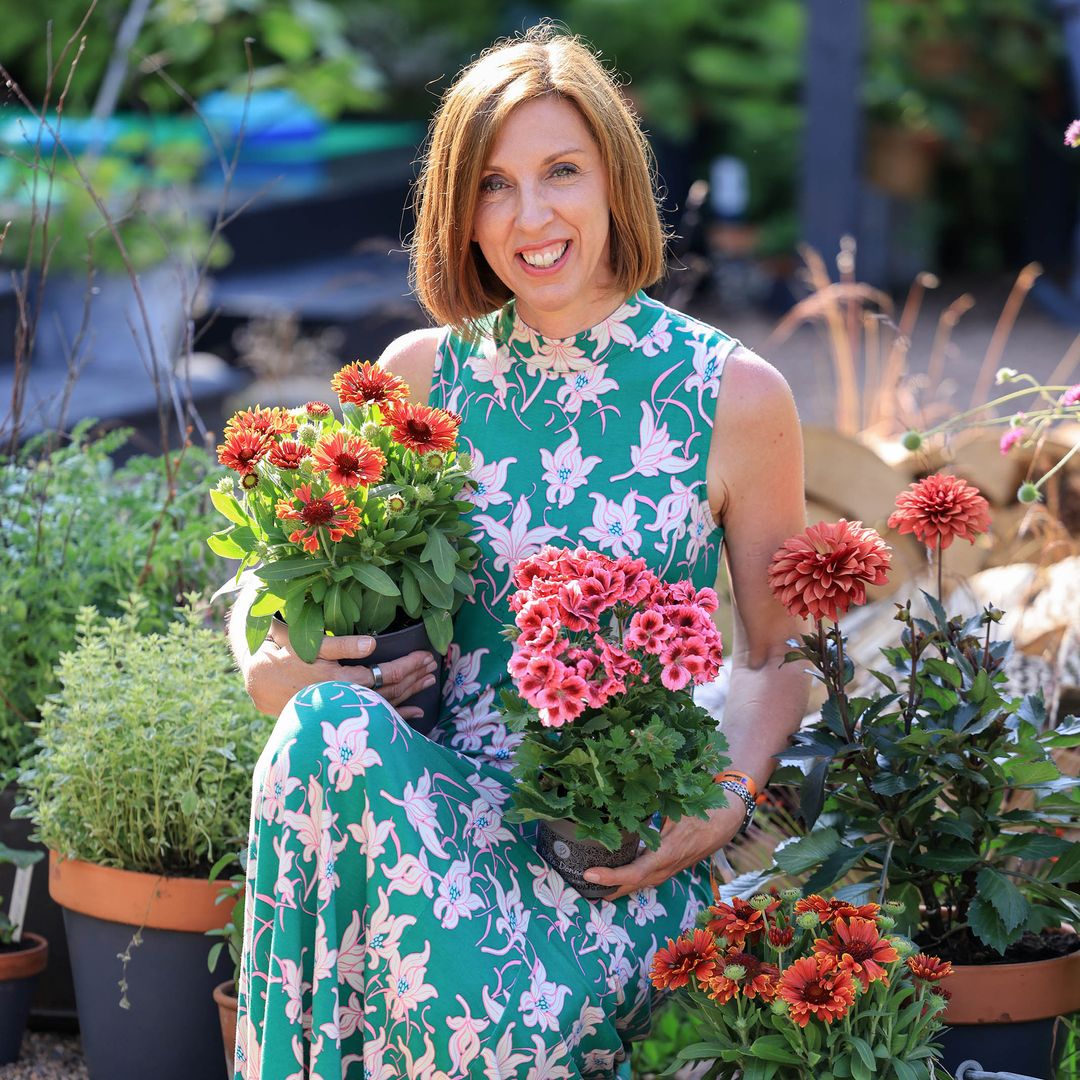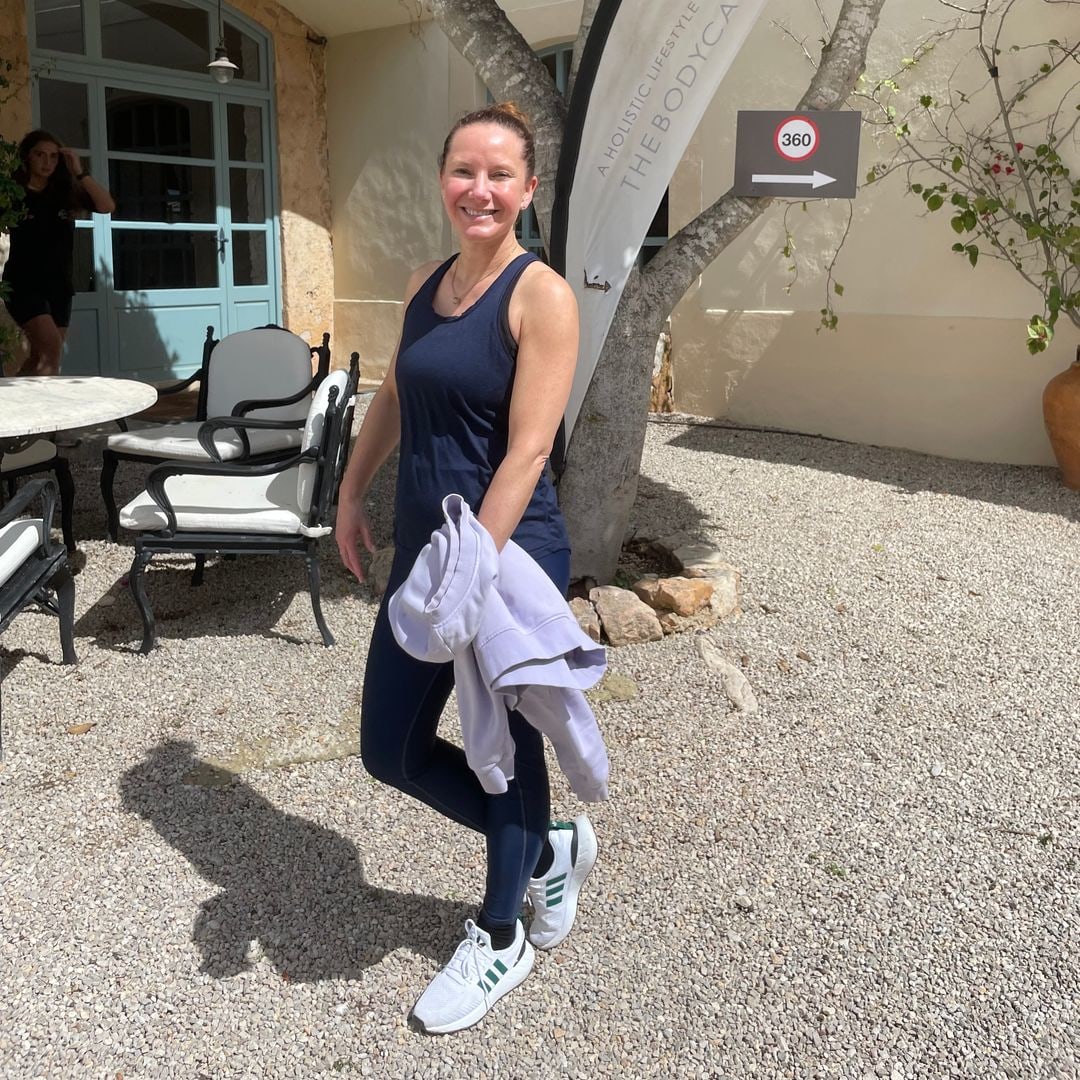According to a study carried out this summer by menopause specialist Dr Louise Newson, 74% of women suffer symptoms for 12 months before discovering they are menopausal, while a 2020 survey by the menopause campaign group Pausitivity found 15% of its respondents waited more than four years for a diagnosis.
MORE: 12 things women want employers to know about the menopause
Behind this lies the idea that menopause happens when you’re 'old' – which, says This Morning and BBC Breakfast doctor Nighat Arif, is a myth. "We can have menopausal symptoms at any stage in our life," she tells HELLO!. "We go through phases – we start our reproductive years, then we go to fertility and then, usually around the age of 40, our body just says: 'Well, I don’t need to be fertile any more,' and the production of the hormones oestrogen and progesterone decreases. Oestrogen is like a lubricating hormone that lubricates all the blood vessels in our brain, heart, reproductive organs, our skin and vulva, and when we’re losing that, it affects us in a lot of different ways."
WATCH: Countess of Wessex supports 'tragic' menopause campaign
Symptoms are psychological or physical, she says. "The psychological symptoms are memory fog, fatigue, tearfulness, low mood, irritability, hunger, a loss of confidence, loss of self-esteem. You might have memory issues and your sleep can be affected. You can get panic attacks, too – so there’s anxiety as these symptoms come along.
"And then we have physical symptoms. You can get headaches, loss of hair, hair thinning, itchy eyes, mouth ulcers, dry skin on your face, your skin might lose its turgor [plumpness], palpitations, digestive problems… Some women say they’ve even had a change in voice and they find their taste changes."
SEE: 36 symptoms of menopause and how to treat them – expert advice
SEE: A guide to menopause employment law: menopause leave, existing menopause workplace policies and more
Dr Nighat Arif is This Morning and BBC Breakfast's resident GP
An activist for greater understanding of women’s health – Dr Nighat’s TikTok videos have won her more than 160,000 followers – she says many women are surprised by their symptoms. Also, there can be cultural differences in how women experience menopause.
"Aches and pains, dry eyes and tinnitus is something I hear about a lot in ethnic minority women," she says. "I work with women who don’t speak English as a first language so I speak Urdu and Punjabi, and menopause is not even recognised in our culture. In Punjabi, they’ll say: 'Everything hurts, doctor,' because they can’t differentiate the pain. They’ll probably come in with recurrent urinary tract infections, which they get antibiotics for, because everybody’s missed the fact it’s vaginal atrophy. Plus psychological symptoms are such a taboo, so they don’t pick up on that."
The solution, says Dr Nighat, is for women to know enough about menopause to be able to discuss it with their GP. "I say to women: 'Go and see the doctor when something doesn’t feel right, but go armed with your symptom list.' Keep track of your symptoms, either through an online app or just on a bit of paper."
She also says women need to be open to a variety of treatments, including HRT. "I’m a huge fan of HRT. It prevents you from getting dementia, prevents osteoporosis – which is a big problem, especially in ethnic minority women, who have a lack of vitamin D because they cover up a lot – and HRT is protective against heart disease.
"But it’s not a silver bullet and we sometimes have to do alternatives. There’s lots of evidence-based medicine to suggest things like yoga and acupuncture really help. Menopause is normal – don’t fear it. There’s always support available for you. Look at really good websites and resources and know your symptoms. Know your menopause."
By Elizabeth Carr-Ellis
Find out more about the menopause at HELLO!'s menopause hub, where we also discuss our HELLO! Workplace Pledge campaign, in collaboration with Wellbeing of Women.
Like this story? Sign up to our newsletter to get other stories like this delivered straight to your inbox.
